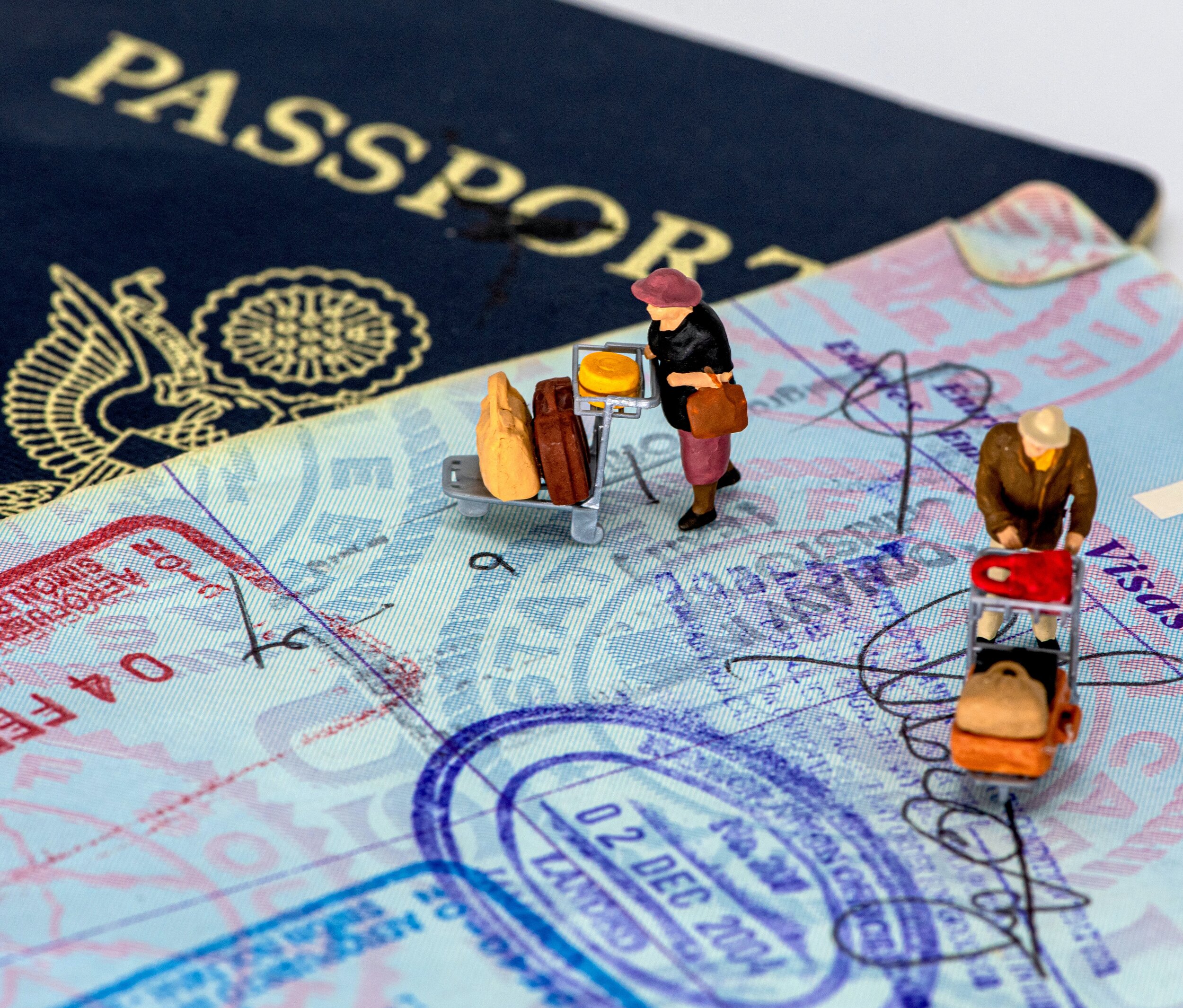I-130 Application Basics: What Are The Supporting Documents That I Need for My Spouse?
The I-130, Petition for Alien Relative, is the first form that will be filed with the United States Citizenship and Immigration Services (“USCIS”) by all U.S. citizens and Legal Permanent Residents who intend to establish legal residency status for their family members here in the United States. For the purposes of this post, we will focus on applications pertaining to spouses of U.S. citizens, as these are the most common types of cases.
For U.S. citizens wishing to aid their spouses in immigrating to the U.S., they must submit a completed I-130 form with an attached packet of supporting documents. These documents coupled with the I-130, help establish the U.S. citizen’s relationship with the beneficiary, i.e., their spouse, and act as the initial foundation towards the legal permanent residency (i.e., greencard) process.
The following is a list of the documentation that must be attached to the I-130 form in order for USCIS to conduct a complete review of the case:
2 identical Passport style photographs of the petitioner and 2 identical passport style photographs of the beneficiary (taken within 30 days), with the Names of the individuals printed on the back of the photos;
Proof of the petitioner’s U.S. Citizenship in the form of a valid U.S. passport, Birth Certificate, or Naturalization Certificate;
Copy of the Marriage Certificate;
Evidence of a bona fide marital relationship with the beneficiary, such as proof of a shared residence, finances, joint bank accounts, insurance plans, birth certificates of children born to the marriage, photographs, statements from family members familiar with your relationship, or any other relevant documentation, which establishes that there is an ongoing marital union;
If applicable, proof of the dissolution of prior marriages for either the petitioner and beneficiary;
If applicable, proof of any legal name changes for either the petitioner or beneficiary;
English translations for all foreign language documents. Translations do not have to be certified; however, the translator must verify that he or she is competent to translate from the foreign language to the English language and the translation is complete and accurate.
Fortunately, USCIS accepts photocopies of all original documents and does not expect you to send the originals through the mail. While the list may be short and self-explanatory, its important to provide as much evidence as possible with respect to establishing the bona fide marital relationship requirement. USCIS officers who review marriage-based applications will pay special attention to these documents, as there have been many cases of immigration fraud tied to these types of cases. If you are filing an I-130 on your own and are unsure of next steps, you should reach out to an immigration attorney to advise on this process.
Disclaimer: This blog post and similar posts are not to be considered as providing legal advice. The discussion here is meant for educational and informational purposes only and shall not create an attorney-client relationship with the readers of this content.
topics/categories
Previous posts
tags
- 90 Day Rule 1
- Addendum 1
- Adjustment of Status 15
- Advance Parole 1
- Affidavit of Support 1
- Americans with Disabilities Act 1
- Attorney-Client Privilege 1
- Attorney-Client Relationship 1
- Background Checks 1
- Bargaining Power 1
- Bars to Adjustment of Status 1
- Board of Directors 1
- Bona Fide Marital Relationship 3
- By-laws 1
- CIMT 1
- Certificate of Authority 1
- Certificate of Citizenship 1
- Child Citizenship Act of 2000 1
- Commercial Leases 1
- Conditional Green Card 6
- Confidentiality 1
- Consular Processing 3
- Consulting Agreements 1
- Continuous Residency 1
- Contract Clauses 9
- Contract Negotiation 6
- Contracts 12
- Coronavirus 4
- Corporations 6
- Correcting Errors 1
- Crime Involving Moral Turpitude 1
- Crime Victims 6
- DACA 1
- Dissolving LLCs 1
- ESTA 1
- Employees 3
- Employers 3
- Expanded Family/Medical Leave 1
- FOIA Requests 1
- False Claim to U.S. Citizenship 1
- Fiancé Visa Interview 1
- Fiancé Visas 10
- Force Majeure 2
- Foreign PLLCs 2
- Freedom of Information Act 1
- Good Moral Character 7
- Green Card Interview 2
- Greencard 17
- I-129F 1
- I-130 Application 3





